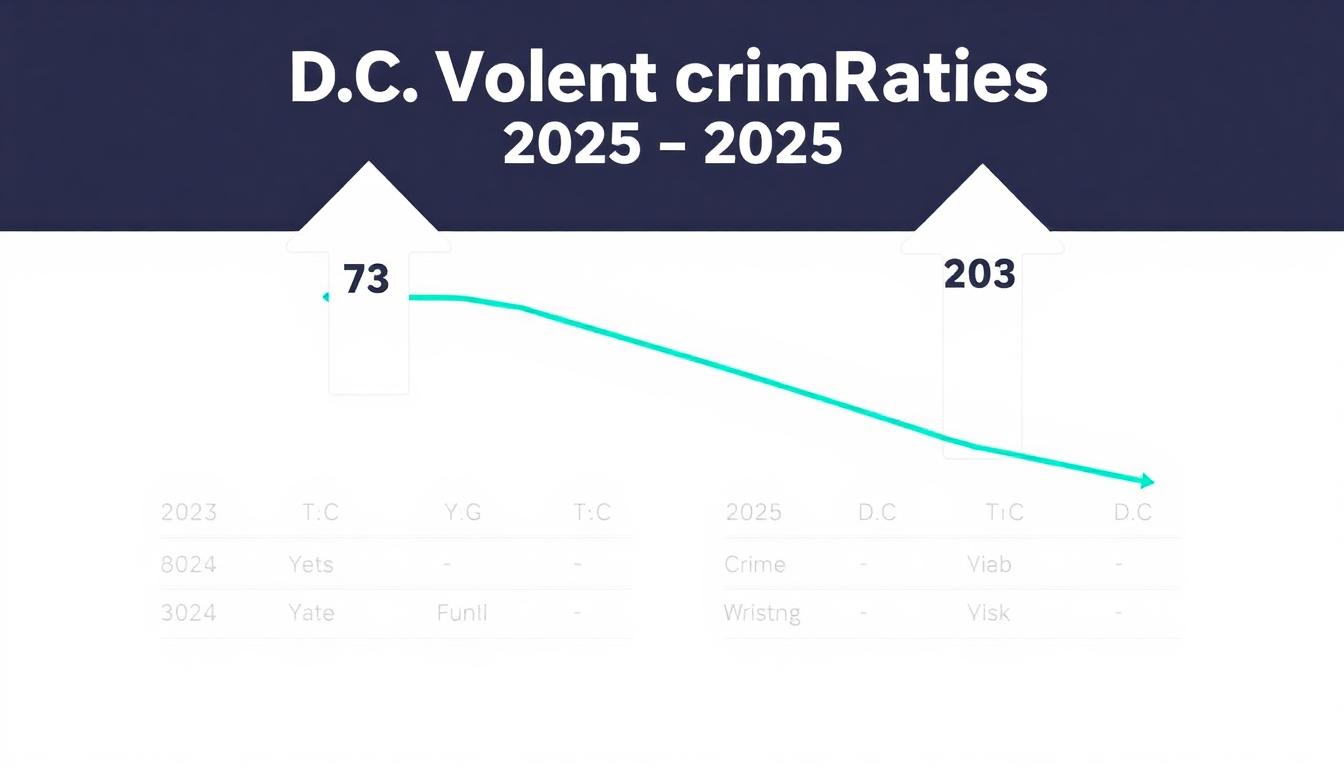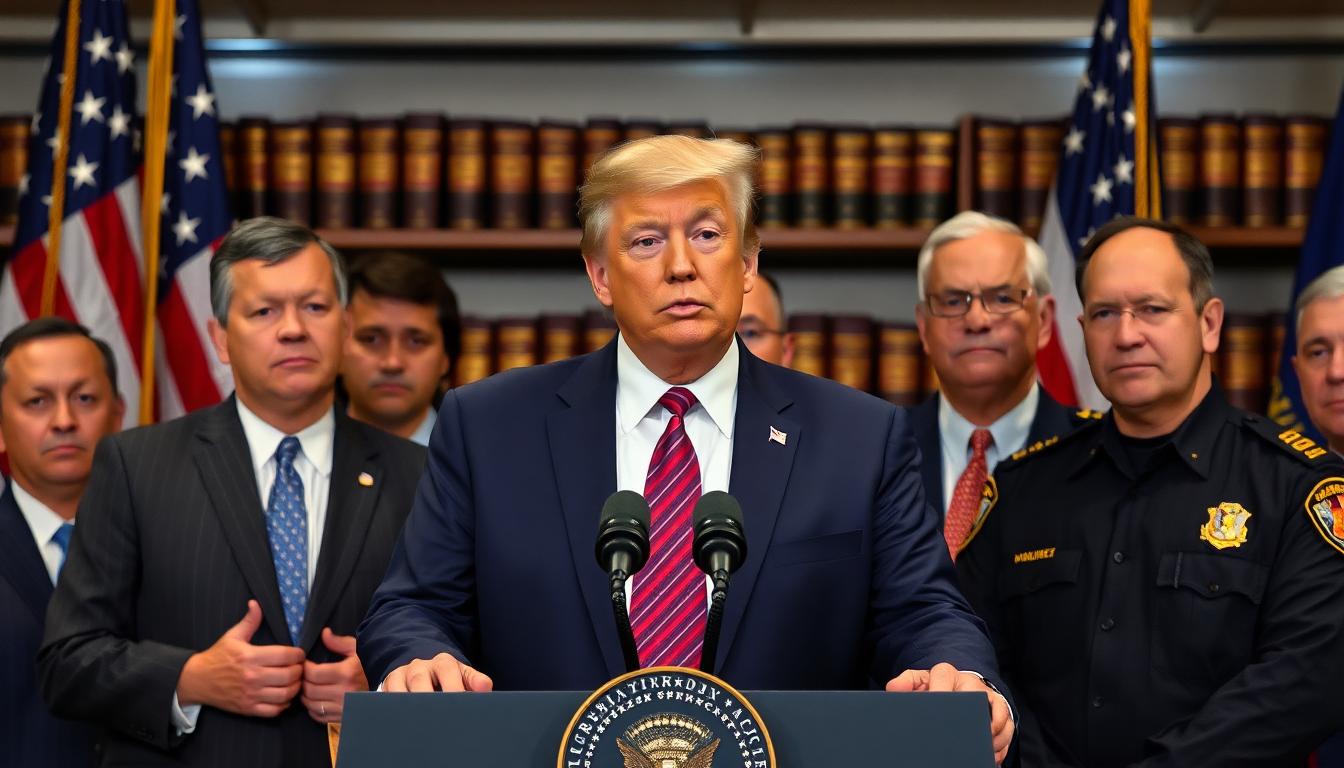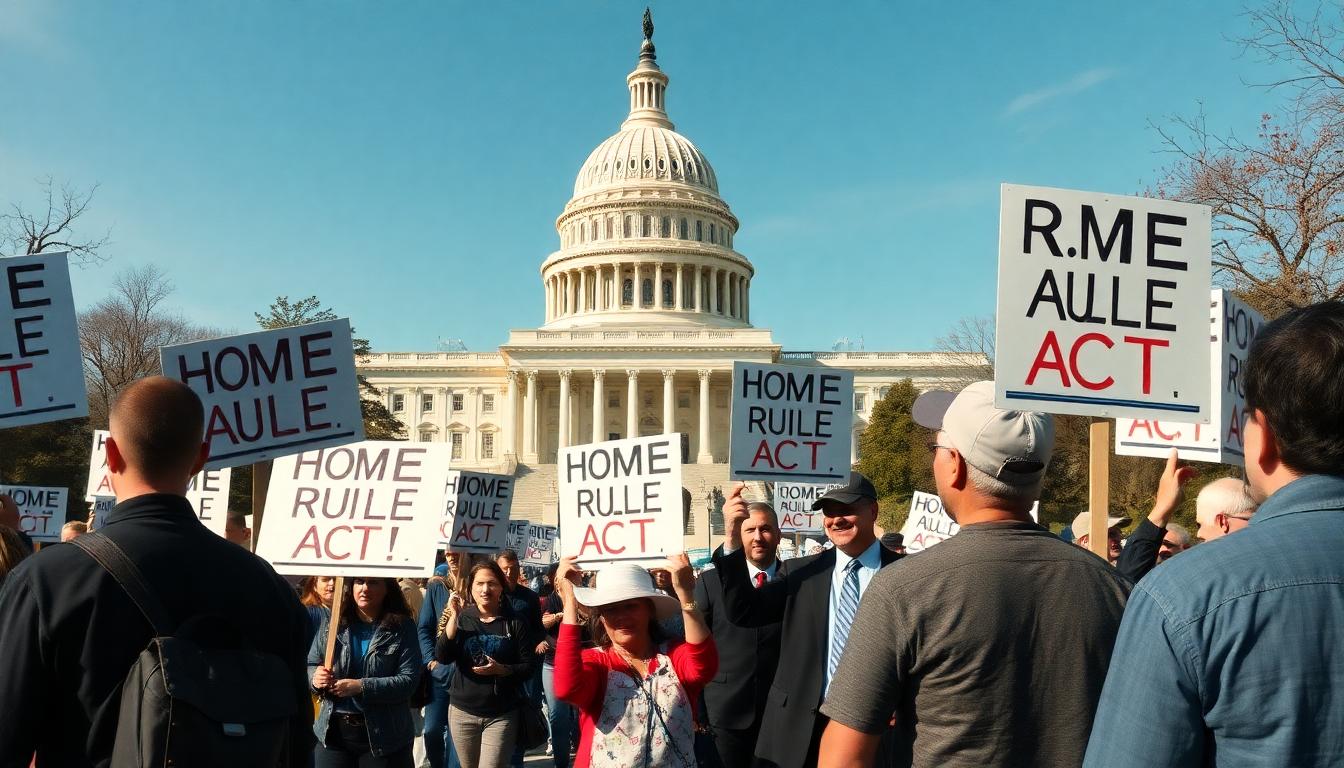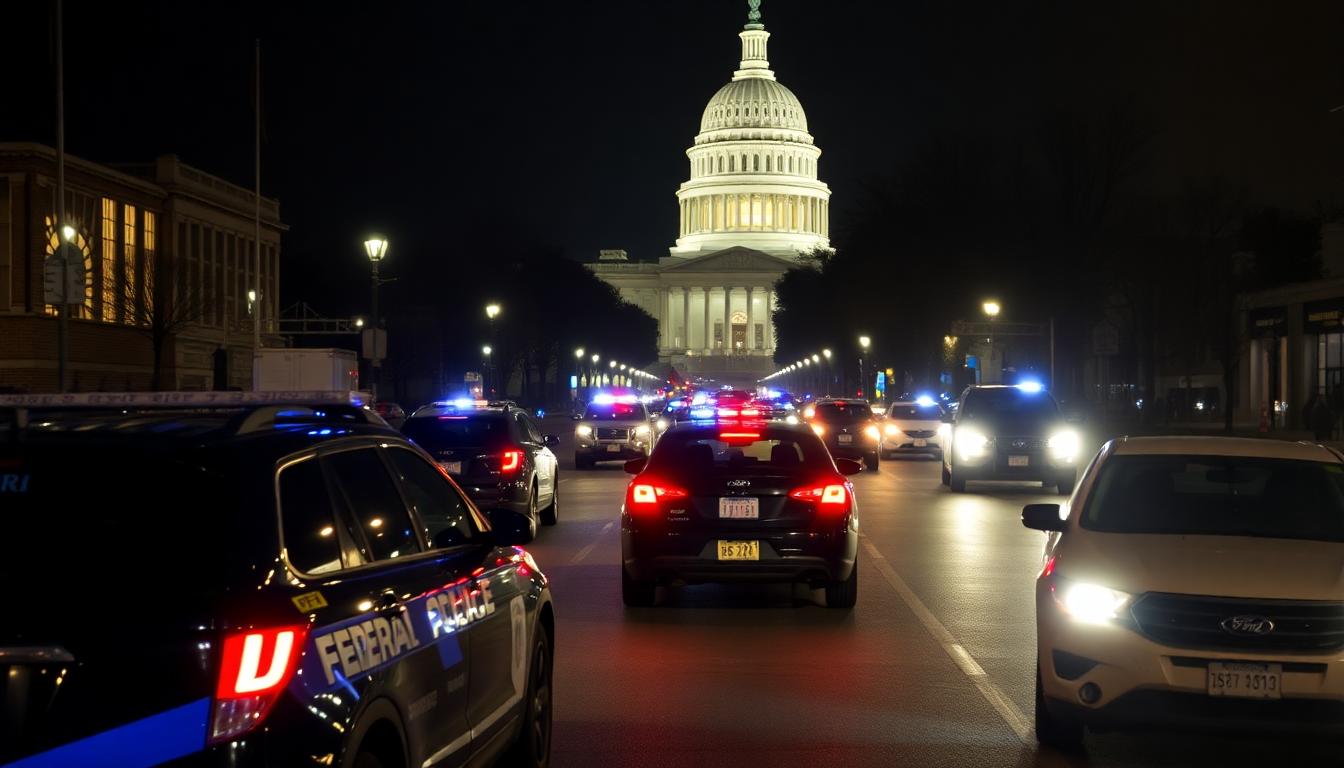The nation’s capital is at the center of a new political and legal clash, as President Donald Trump’s administration pushes for increased federal control over Washington, D.C., citing rising crime—even as official numbers show the opposite trend.
Trump’s Move: Federal Deployments on D.C. Streets
This week, more than 120 federal law enforcement officers—from the FBI, Secret Service, U.S. Marshals, and ICE—began patrolling tourist hotspots and crime-prone areas in D.C. High-visibility units were deployed as part of a seven-day crackdown, following President Trump’s executive order to “make D.C. safer.” The operation’s goal: boost federal presence where local policing is under debate.
Yet, initial reports suggest that the impact was limited on the first night, with few residents seeing a major difference despite the headlines.
What Do the Crime Numbers Say?

Despite claims of spiraling violence, D.C. is actually experiencing a historic drop in crime. Violent crime has fallen 35% from 2023 to 2024 and is down another 26% so far in 2025. Categories like homicides, assaults, robberies, and sex offenses all show double-digit decreases, and even property crimes such as burglaries and car thefts are trending lower.
City officials credit targeted policing and new prevention programs. But political battles over public safety—and who gets to call the shots—are intensifying.
Executive Orders and Legal Challenges

Trump’s administration issued threats to deploy the National Guard and take over the Metropolitan Police Department (MPD), drawing on executive power and echoes of previous emergency responses. Key to this debate is the Home Rule Act of 1973, which allows D.C. limited self-governance—including electing its own leaders and running its police force.
For a full federal takeover, Congress would have to repeal the Home Rule Act—a highly controversial move, already facing legal scrutiny and public protest.
Community Reactions: Autonomy and Accountability

Civil liberty groups, residents, and local politicians are pushing back, arguing the statistics support D.C.’s right to self-govern. Some Republican lawmakers favor repealing home rule for more oversight, while legal analysts say federal actions set up a court battle over local autonomy. At the same time, vulnerable communities—including the homeless—are worried about increased arrests and the risk of being caught in mass enforcement sweeps.
The White House defends the move by pointing to lingering problems like youth violence and carjackings, even as critics say the crackdown is more about politics than public safety.
What’s Next for D.C.?
The showdown between city leaders and the federal government is just getting started. Proposals in Congress and new executive orders could change the way D.C. is governed for years to come, with the city’s autonomy and future hanging in the balance.
For everyday residents, the situation brings uncertainty and a fresh round of debates about who “owns” the nation’s capital—and what public safety should look like.
To contact us click Here .

